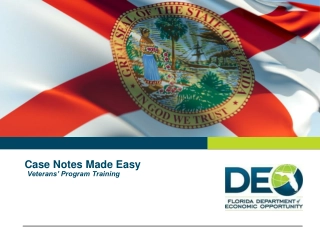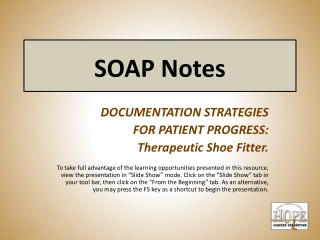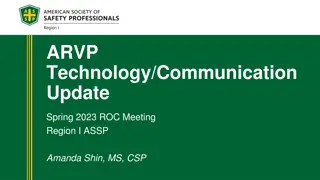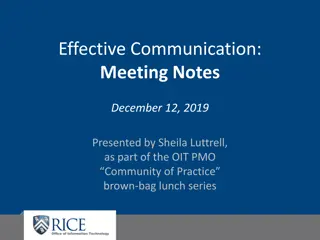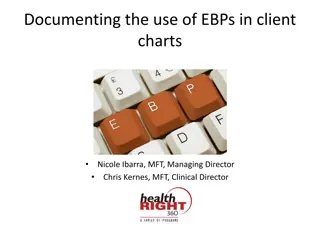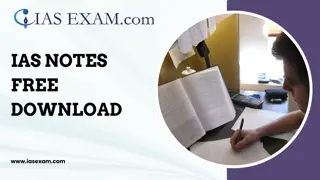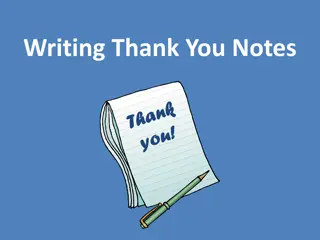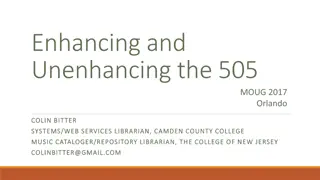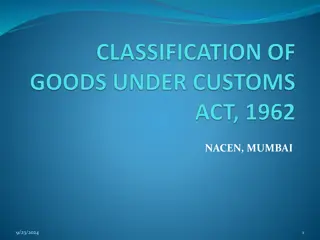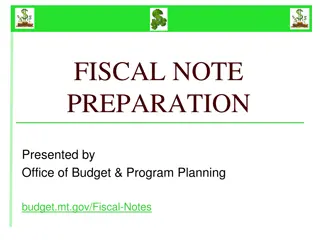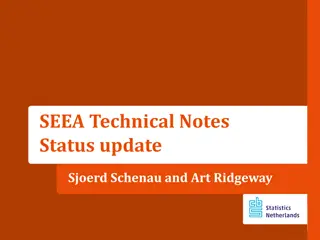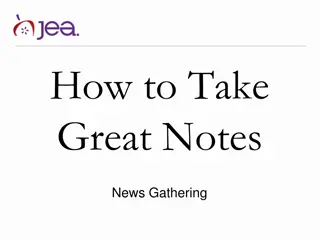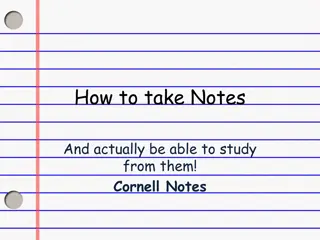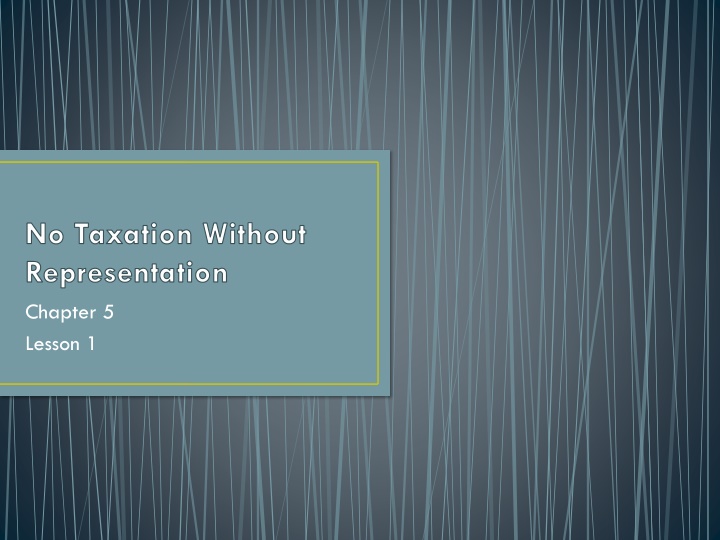
Colonial Resistance: Townshend Acts to 1st Constitutional Congress
Explore the colonial resistance movements from the Townshend Acts of 1767 to the 1st Constitutional Congress of 1774. Learn about key events like the Boston Massacre, Tea Act of 1773, Boston Tea Party, and more, as colonists stood up against taxation without representation.
Download Presentation

Please find below an Image/Link to download the presentation.
The content on the website is provided AS IS for your information and personal use only. It may not be sold, licensed, or shared on other websites without obtaining consent from the author. If you encounter any issues during the download, it is possible that the publisher has removed the file from their server.
You are allowed to download the files provided on this website for personal or commercial use, subject to the condition that they are used lawfully. All files are the property of their respective owners.
The content on the website is provided AS IS for your information and personal use only. It may not be sold, licensed, or shared on other websites without obtaining consent from the author.
E N D
Presentation Transcript
No Taxation Without Representation Chapter 5 Lesson 1
The Townshend Act of 1767 Taxes on glass, paint, oil, lead, paper, and tea. Brings up more anger like the Stamp Act When punishments were enforced, mobs of colonist would rebel Colonist agree among themselves that they will not trade with Britain This will hurt Britain; therefore, Britain will demolish the act.
The Boston Massacre 1770 Red coats will begin sweeping the streets of the colonies (mainly Boston) They are rude and begin stealing things from the colonist Pick fights One day, a fight would begin. Things are being thrown until one red coat fires first into the crowd of colonist. 5 Colonist are killed This will lead to a lot of propaganda from the colonist(info used to influence opinions), which makes boycotting grow. Townsend Act will be dropped, all taxes included except for on tea
The Tea Act of 1773 To attempt to save the British East India Company who needed financial help due to all the boycotting (they also had a lot of tea that they needed to get rid of) This act gave the company control over the market for tea Did lower the tea tax However, colonist are still angry- they do not want any taxes at all and they do not want to be told who they have to buy their tea from. More boycotts, colonist would not allow ships to unload their tea.
The Boston Tea Party 1773 East India Company Continues to try to send ships to the colonies just to be sent back. 3 ships go to the Boston Harbor The Boston Sons of Liberty decide they will dress as Native Americans and they throw 342 chests of tea into the harbor in the middle of the night
1stConstitutional Congress 1774 All the taxation/disorder will lead to the colonies starting to come together more as one. 55 representatives from all the colonies except for Georgia will meet to represent Americans and challenge the British control. The colonist will begin forming militias-groups of armed citizens As tensions grow, militias grow British will begin sending troops to the colonies for any attempt of a rebellion
Taxation without Representation The colonist believed that if they were going to be taxed, they should at least have someone representing them specifically in Parliament. The British believed that the colonist were supported by virtual representation , saying that Parliament represented every person and there was no need for a specific representative from the colonies.
Review: French and Indian War After the French and Indian War, the Treaty of Paris would be put into place. France would give up Canada and most of their lands east of the Mississippi River. Spain would also give up Florida in exchange for the French lands called Louisiana.
The Navigation Acts 1651 To encourage British shipping Allow Britain the profits to benefit British merchants Ensured that importation and exportation of goods from the colonies would be restricted to Britain. Colonist wouldn t be very happy with this due to the fact that they would want to import/export with other places rather than just the British.
The Proclamation of 1763 Prohibited colonists from living west of the Appalachian Mountains Helped keep peace between the Native Americans and the colonist. Why would the colonist not be very happy about the Proclamation of 1763? The Proclamation benefited only the British government, while the colonist were being restricted.
Taxation: Before the French and Indian war began, the colonist did not want to go to war due to costs. Costs were to be covered by the British; however, after the war, the colonist would end up being taxed to pay for the large debt. Britain needed more income (revenue) which will lead to the colonist being taxed People will begin smuggling goods that are being taxed which will bring about the writs of assistance, a document giving the right to search anywhere.
The Sugar Act 1764 Originally the Sugar and Molasses Act of 1733, was about to expire and had a higher tax. Lowers tax on molasses but limited trade and sell of lumber British hoped this would eliminate smuggling Allowed the collection of smuggled goods without going to court More strictly enforced Why would this make the colonist angry? People were coming in and taking their stuff (smuggled goods) Violation of rights with the writs of assistance, which would allow search anywhere (homes) Took away their right to a trial.
The Stamp Act 1765 Taxed printed material Colonist opposed this act Will lead to protests and the colonist boycotting goods from Britain. Britain will repeal the Act due to the colonist s disapproval Will bring us to the Declaratory Act
The Declaratory Act of 1766 Put into place after the Stamp Act failed Stated that Parliament had the right to tax and make decisions for the colonies Not that the colonies could do so themselves. Why would this anger the colonist? Ultimately, they will feel that their rights are being taken away. They do not get to decide things for themselves.
The Quartering Act of 1765 Put into place to punish people who rebelled Also helped pay the army People were refusing to do their work/duties What would the response be from the colonist? Again, most likely they would feel that they are having a lot of their rights taken away.
The Intolerable Acts of 1774 Put into place because of the Boston Tea Party Boston Port Act- closed the Boston port until all the tea was paid for. Would also cut off other supplies. The other colonies banned together to send Massachusetts food and clothing. The Massachusetts Government Act- to control the government and eliminate obstruction of British laws. The Administration of Justice Act- limited the ability for colonial courts to try British officials. Quartering Act- colonies had to house British soldiers The Quebec Act- Created government for Canada and took some land that the colonist thought should have been theirs.
The British are Coming! After the entire mess with the Acts being passed, (before the signing of the Declaration) fighting will begin. Minutemen will gather and King George will start sending troops. Dr. Joseph Warren sees troops marching He warns Paul Revere and William Dawes They rode to Lexington to spread the word Revere was shouting, The British are coming! Revere and Dawes would be captured. Samuel Prescott would continue to carry on with the warning that the British were marching in.
The Battle of Lexington and Concord British will run into many groups of minutemen (militia) and have battles in Lexington and Concord Minutemen led by Captain John Parker By the time the redcoats reach Boston, around 170 are wounded and at least 73 have died This would be the beginning of the battle for Independence.
Capture of Fort Ticonderoga Benedict Arnold, a captain from the Connecticut militia, will gather roughly 400 minutemen Rich in military supplies Ethan Allen, of Vermont, also had a plan to take the fort The ban together, call themselves the Green Mountain Boys Take the British by surprise Fort surrenders on May 10, 1775
The Battle of Bunker Hill Militia members have reached roughly 20,000 at this point In 1775, militia under William Prescott set up posts across the harbor from Boston British will charge at the American militia Americans have low ammunition, they are told, Don t fire until you see the whites of their eyes in order to save ammo British will retreat, but come back two more times Americans run out of ammo British take the victory at Bunker Hill
Choose a Side Loyalists- Americans who remained loyal to Britain and didn t want war for independence. Patriot- Americans who wanted Independence from Britain.
2ndContinental Congress 1775 Leaders: The continental Congress will agree to meet again to discuss the issues with the British on May 10 John and Sam Adams, Patrick Henry, Richard Henry Lee, George Washington (who will not sign the declaration because he was in NY defending Manhattan against the British) Ben Franklin- leader in Pennsylvania, represented colonies, helped to win the repeal of the Stamp Act John Hancock- from Massachusetts, funded patriot groups, elected president of the 2nd Continental Congress Thomas Jefferson- from Virginia legislature, brilliant writer, will write the Declaration of Independence
2ndContinental Congress Will begin setting up their own government Printing own money Setting up a Post Office, ran by Benjamin Franklin Committees to handle relations with Native Americans and other countries Continental Army, commanded under George Washington
2ndContinental Congress (Cont.) Will send out a petition, the Olive Branch Petition to the king Wanted to avoid war with Britain, peace, and to have their rights protected. The king rejects the petition and prepares for war. The colonist will learn of the British troops planning an attack Americans will decide to attack first, they capture Montreal but will fail at Quebec.
2ndContinental Congress (Cont) Washington will turn the militia in Boston into trained soldiers He will move his soldiers at night to overlook Boston They will surprise incoming British troops British troops will retreat
Declaring Independence Most will be on the fence, continue to debate while the draft is written Congress chooses: John Adams, Benjamin Franklin, Thomas Jefferson, Robert Livingston, and Roger Sherman to write it Jefferson writes the first draft He will pull reasoning from philosopher John Locke to explain why they should have freedom
John Lockes Views: Our Declaration of Independence will be based on these principles: People are born with certain natural rights to life, liberty, and property People should form governments to protect those rights If the government interferes with those rights, the people have the right to over throw the government
Declaring Independence July 2, 1776 the Continental Congress will vote for Independence On July 4, 1776 the document will be approved and signed. John Hancock will sign first, and very large so the king can see it without his glasses 56 other representatives will sign as well
The Declaration of Independence Has 4 main parts The Preamble (introduction) Two parts containing the colonist s rights And the last part stating the existence of the new nation We hold these truths to be self-evident, that all men are created equal, that they are endowed by their Creator with certain unalienable (not to be denied) rights, that among these are life, liberty, and the pursuit of happiness The Declaration of Independence



